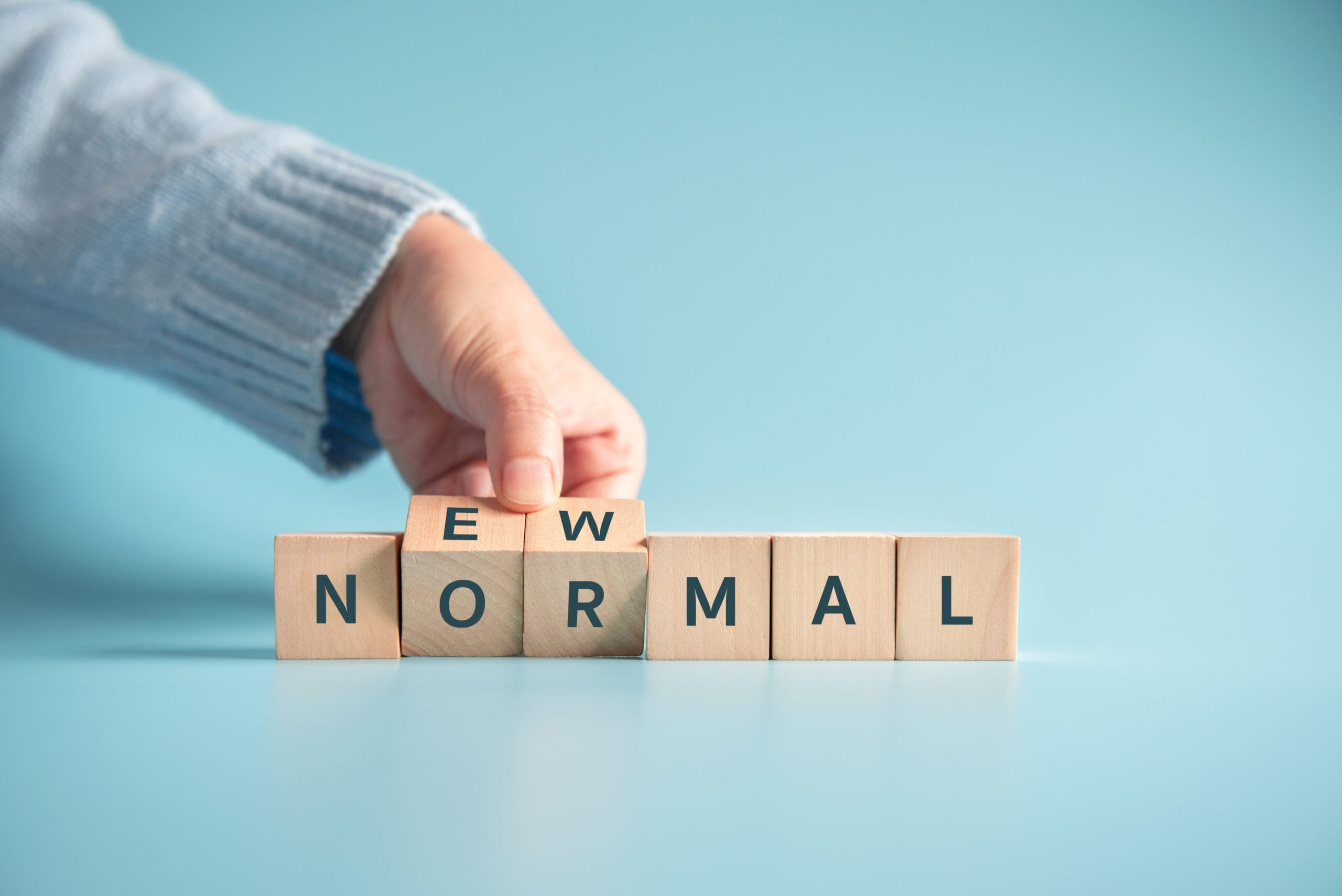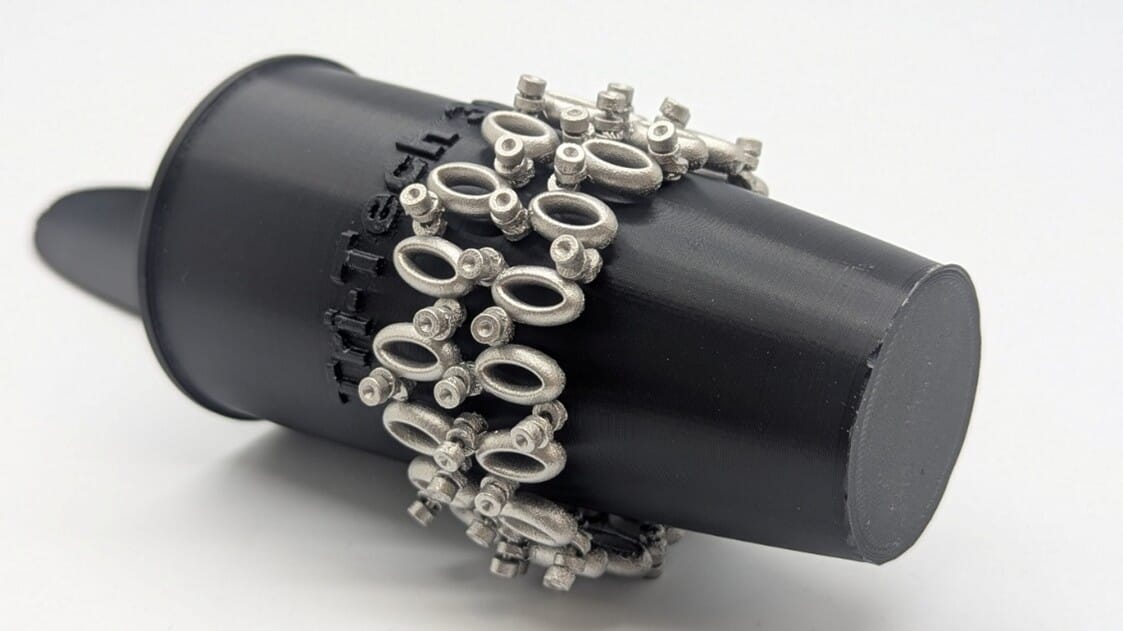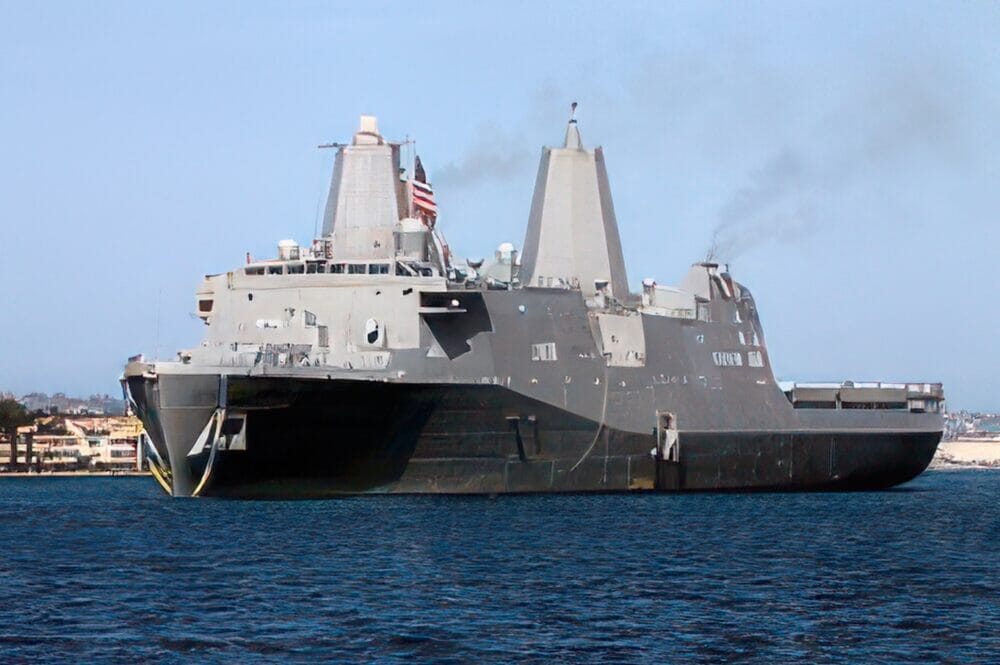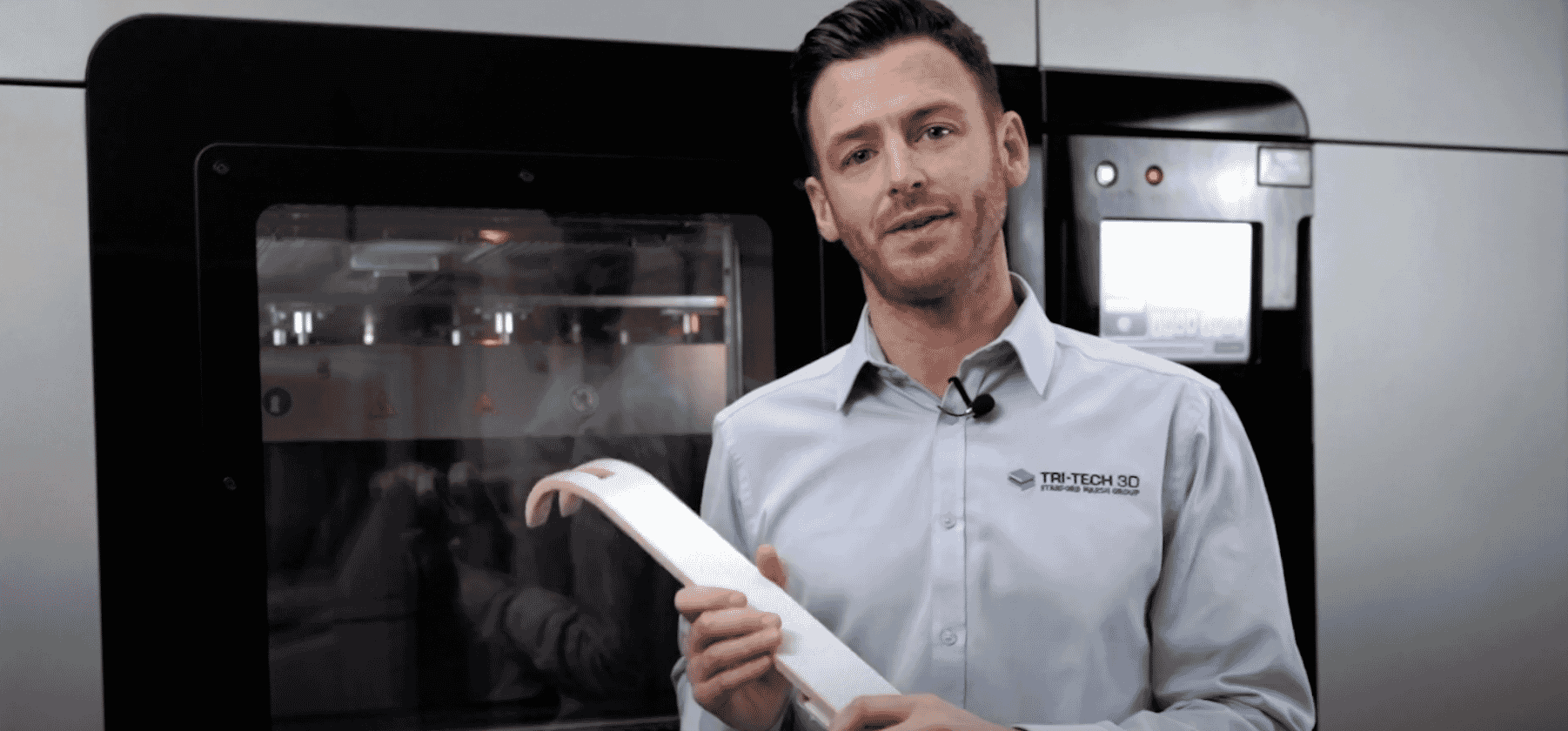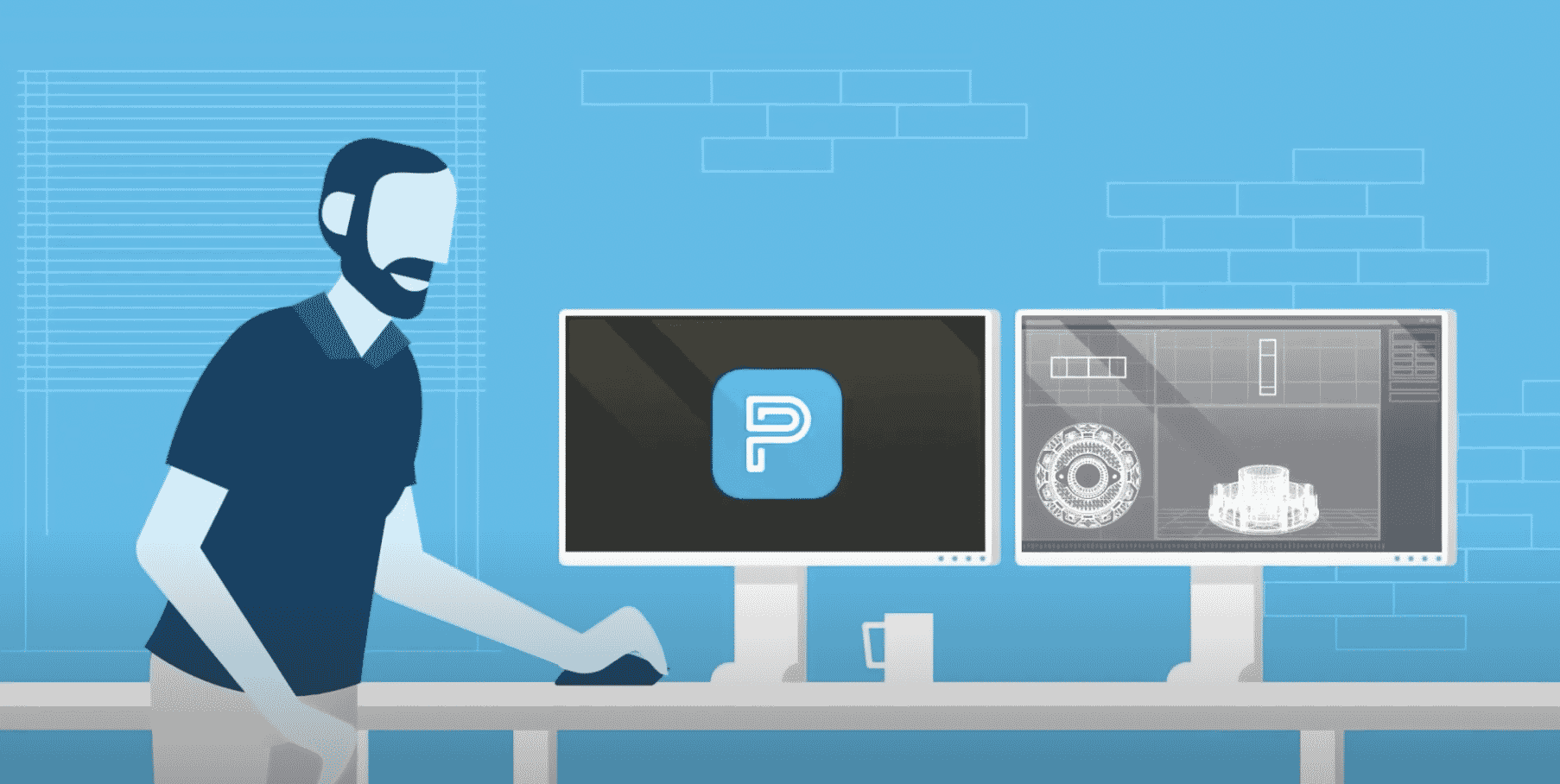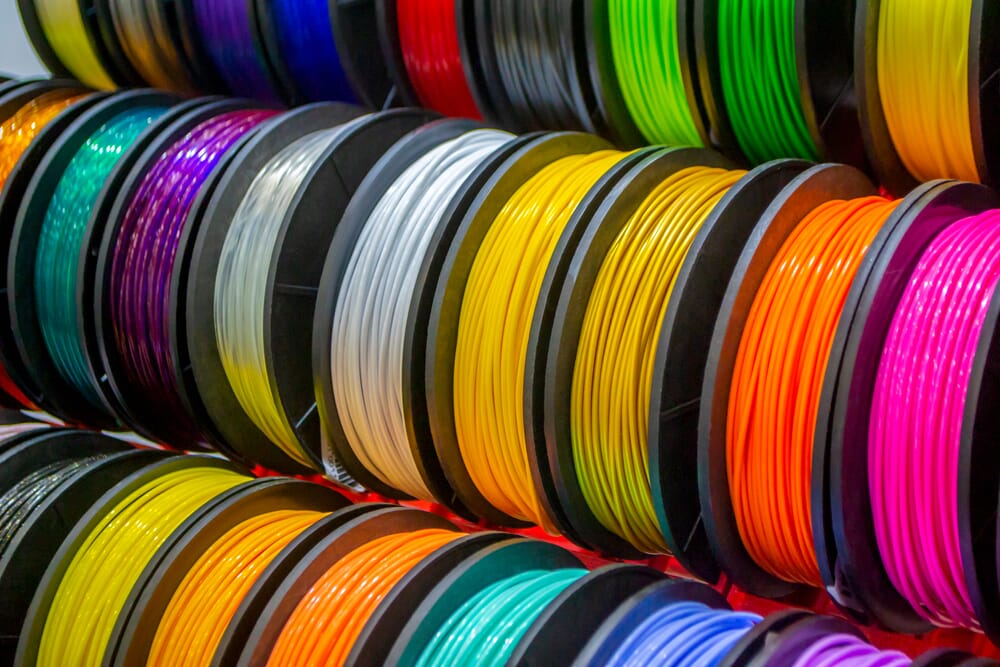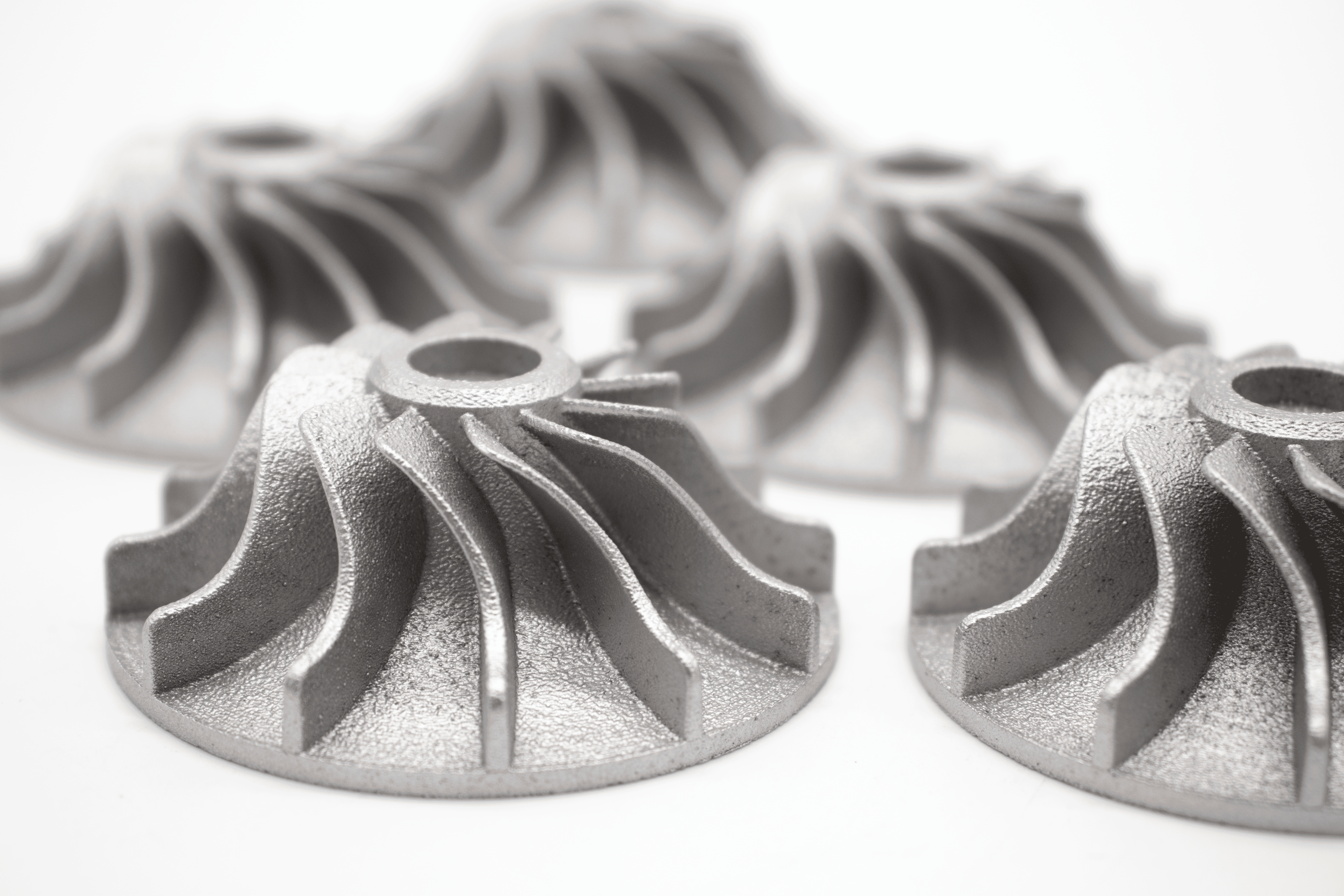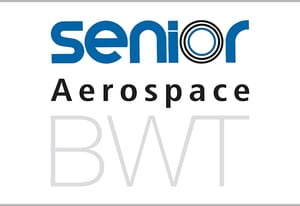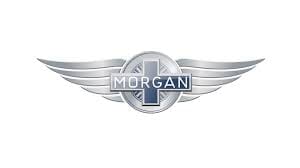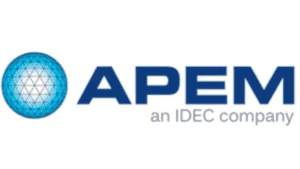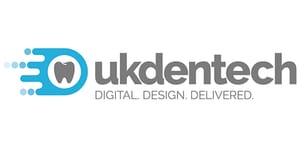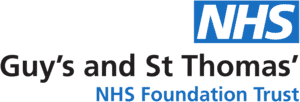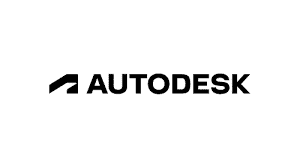The 'new normal' for Tri-Tech 3D and many other businesses
Are companies still investing in 3D printing technology with COVID-19 restrictions still quite significant around the world? (If so…what kind of companies are you hearing off)
Yes we’ve seen investment at all levels, people buying home/hobbyist systems in the early days of lock-down to help play their part in printing much-needed visors/PPE, to companies who have seen the benefit in utilising Additive Manufacturing locally within their workflow while there are delays in the supply chain. We have a longtail of clients who had intent to purchase before the crisis, who still have and only a return to work and/or funding is what stands in the way. No particular pattern as to who is affected and not, we’ve had mixed messages from people within the same sector, some say we’ll wait until confidence has returned, while others are seeing it as a competitive advantage to act now, learn the technology during a quiet period and maximise when major growth does return.
Do you think the current crisis has changed people’s perception of additive manufacturing? Whether that be in a positive or a negative way?
All positive from our experience. With all the publicity surrounding Additive Manufacturing and its ability to adapt quickly to a crisis has undoubtedly opened many people’s eyes to what they may have previously viewed as a rapid prototyping tool. Those of us in the business see day-to-day the benefits 3D printing provides our clients, unwanted as it is, the pandemic has possibly demonstrated that to many others. A 3D Printer can be another tool in the workshop or on the factory floor, we are not saying it’s going to answer all manufacturing needs and replace your CNC. It will however complement and help production workflow, whether to make end parts, RP or manufacturing aids (jigs, fixings, composite layup tools etc).
Pre-pandemic, customers would come and view the printers in your showroom. How have Tri-Tech now adapted their 3D printer demonstrations for businesses who are still interested?
In the early days of lockdown, we quickly adapted our working life to meetings on MS Teams, Zoom, WebEx and alike, whether that internally or with clients and our partners. The ability to offer a remote demonstration, as we were already doing to provide CAD/CAM training within sister company Cadspec, was a no brainer. We are now seeing a mixed response to demonstrations; we have safety measures in place now and with PPE/social distancing we can once more welcome customers to the demo centre. Alternatively, we are able to provide a virtual tour still and will continue to do so. Handling, viewing, and testing the output of a 3D printer however has always been more important than seeing the system itself. What a demonstration offers is the ability to better understand the process, visualise where the units will actually fit within your business and of course to meet us in person. It’s important customers choose the right partner to help them get the most out of their investment and support for the long-term, so from that perspective, we welcome some return to face-to-face as gives us the chance to prove our added value.
All over the media, we have seen 3D printing helping out with PPE across the world, from visors to hands-free door openers and many more. Do you see more businesses adopting 3D printing due to this?
We have indeed seen many companies using 3D printing for making such items, many are still. Like any product, once manufacturing becomes a mass scale, the likelihood is companies will utilise traditional methods. Most visors today are being produced in great quantities using injection moulding. But while a product remains minimal volume, requires multi-materials, is designed in a way only suited to Additive Manufacturing or needs to be personalised in some way, then absolutely 3D printing will remain a fantastic solution.
How do you see business for Tri-Tech 3D going back to normal after the UK is safe to operate back to work?
This will have been said many times already I’m sure; We will have to adapt and continue to change to suit ‘the new normal’. I for one would love to see a return to life as we knew it, but I suspect that may never return, and not just from a negative perspective as you may initially consider. Yes, as things stand the confidence to invest for many is on hold, the economy is going to struggle for some time and who knows how long it will take for the government to get borrowing back to a satisfactory level. But businesses should have learned a great deal about crisis management, and I doubt this will be the only one many of us will have to face. We will have seen benefits in the way we communicate and manage people remotely, lessons on the ability to adapt quickly to change and the use of automation/tools to reduce the risk of costly overheads and threat to supply chain issues. I’m not suggesting these changes will see a massive uplift to us, that decision remains with our customers and their view going forward. But I do know the tools we provide within our group of companies (both equipment and software), are designed to help with many of these issues and to gain efficiencies. UK companies buying locally, supporting UK manufacturing, helping the economy to improve quickly, supporting jobs and streamlining lean processes to provide competitive pricing could be a positive outcome for many.

